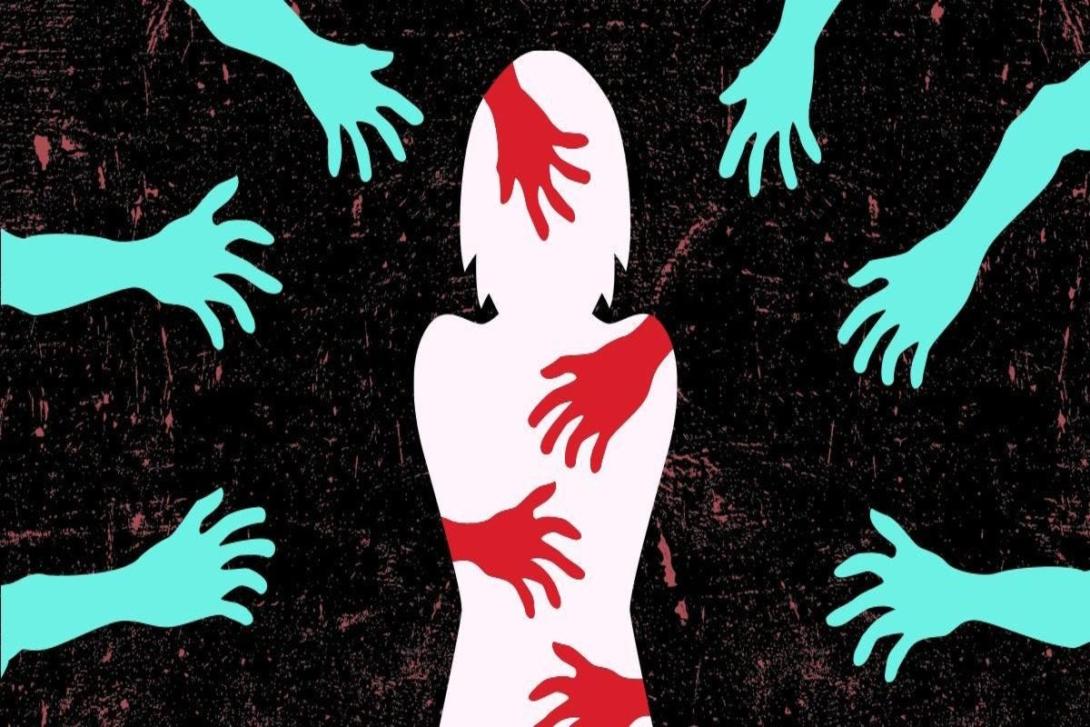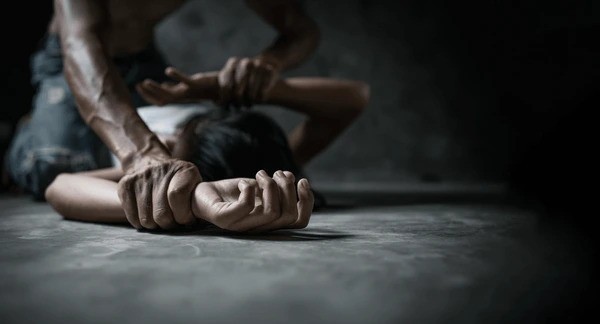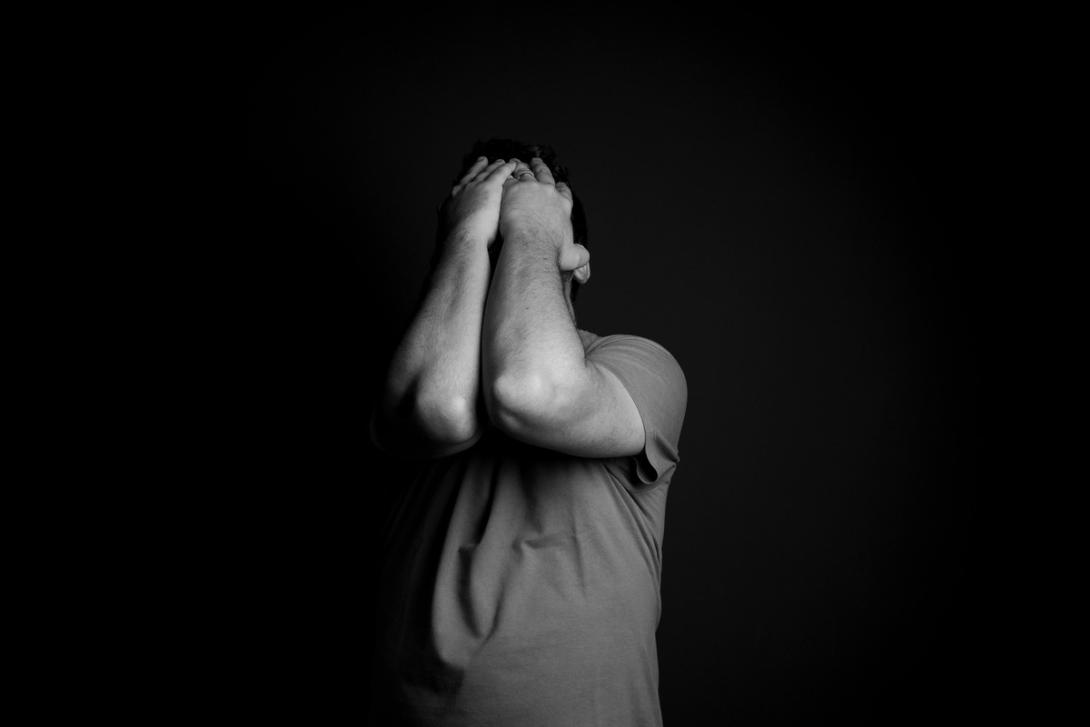
I shall start with a simple question: Is rape wrong? You might accuse me of asking an insensitive question, but the answer is obvious—rape is undeniably wrong. However, when we look at societal attitudes, we often see a different picture. While everyone claims that rape is wrong, many tend to apply their own conditions to it.
For example, Pakistani politician Nabil Gabol made disturbing remarks during a podcast, The Pakistan Experience. During the conversation, he used a deeply inappropriate analogy between sexual assault and political oppression. He trivialized rape by saying, "There is a saying in English, 'If rape is imminent, just enjoy it'." When the host pointed out that no such saying exists, Gabol doubled down, insisting that it was indeed a saying.
Popular Perspective and Conditions Applied to Rapes:
This is why I argue that, although people on social media universally agree that rape is wrong, they often place conditions on it when it comes to their political opinions or personal views. But it’s a simple matter: Rape is violence. It is a violation of someone’s freedom. Rape is wrong—full stop!
Similarly, there comes "if and but" conditions. People often bring up conditions like: "What was the girl doing out so late at night?" or "Why was she alone in that place?" These questions are utterly nonsensical. Rape doesn’t happen because girls are out at night—it happens because rapists are out at night.
Another condition people mention is the so-called "loose character" of the victim. They say, “While sexual harassment is wrong, it’s a sign of the girl's loose character,” or “Rape is wrong, but she was wearing short clothes.” Even former Prime Minister Imran Khan, during a live television interview, advised women to cover up to avoid tempting men. This is a vile and baseless argument. If short clothes cause rape, then why are young children raped? Why are elderly women raped? Why are male children or mentally ill children raped?
Why Rapes Occur?
The problem lies in a widespread misconception. People believe that rape is driven by “sexual urge.” However, the truth is that sexual urge has nothing to do with rape. It’s not that non-rapists don’t have the urge while rapists have such uncontrollable urges. In many cases, rapists even have consenting partners or are married. Rape is not about sexual desire—it’s about power, control, and violence.

In his research Why Men Rape, Dr. Paul Gebhard identifies three main reasons behind rape and categorizes rapists accordingly. First, there are the Power Rapists, who suffer from issues of self-worth. They commit rape to feel a sense of control and power. Second, the Anger Rapists, who are driven by both power and aggression. They are abusive, often using vile language, and even if the victim does not resist, they become violent. This type of rapist frequently kills their victims. Third, there are the Sadistic Rapists. Sadism involves deriving pleasure from the physical and mental suffering of others. These rapists enjoy seeing others tortured or oppressed and often subject their victims to prolonged torment.
However, the question remains: where do these evil desires for control, this anger, and sadism originate from?
Causes of Evil Desires, Anger, and Sadism:
It is often heard in discussions that, because rapists express such extreme anger, they must be mentally ill. However, this comparison is both inaccurate and harmful, as it unfairly stigmatizes mental illness. While some rapists may have a history of mental illness, not all rapists are mentally ill—they are simply monsters. You can call them demons or devils. But the real question is: why do some people become rapists? There must be underlying causes.
A study conducted by the National Library of Medicine examined 269 sexual offenders, including rapists, and identified several potential causes. These included childhood experiences of abuse, such as sexual abuse, exposure to pornography before the age of ten, physical abuse, parental violence, emotional abuse, cruelty to animals, and exposure to violent movies and media. Additionally, some offenders experienced relationships with their parents marked by anxiety or emotional distance. It is crucial to study these root causes to prevent the creation of more rapists in our society.
Rape doesn’t happen because
girls are out at night—it happens
because rapists are out at night.
Expression of Desires through Rapes:
Due to the reasons mentioned above, a person’s personality can be shaped by evil desires, anger, or sadism, leading to a need for domination. However, this desire can manifest in other ways. So why, in the case of rapists, is this desire expressed through rape? The answer lies in what is known as "Rape Culture."

This phrase refers to the media, societal attitudes, and traditions that trivialize and normalize rape. For example, in movies, when a heroine tells the hero that he can’t silence her, the hero forcibly kisses her, and this is portrayed as comedy. Stand-up comedians often perform similar acts, and in Punjabi stage dramas, vulgar language is rampant. Shockingly, even female comedians participate in this, insulting mothers and sisters, which further normalizes sexual violence. In casual conversations, many people use such insults—sometimes in anger, sometimes as a joke—but this has contributed to the normalization of rape culture.
Additionally, in her book Against Our Will: Women, Men, and Rape, Susan Brownmiller argues that rape is a deliberate tool of intimidation. Researchers like Richard Johnson, Daniella Cusumano, Rebecca Whisnant, and many others have reached similar conclusions.
On top of all this, there comes "Toxic Masculinity" and "Patriarchal Culture," where women are not seen as free individuals but rather as inferior, subhuman beings. Countless restrictions are placed on women: don’t wear this, don’t go out, don’t laugh out loud, and so on. Women are consistently objectified. The songs we listen to in our daily lives contribute to this objectification. For example, "Afreen Afreen" by Rahat Fateh Ali Khan and the Bollywood song "Rom Rom Romantic" by Mika Singh objectify women. Advertisements for products like Fogg, Axe, and other body sprays do the same. This pattern extends to Pashto songs such as "Khudkasha Dhamaka Yama" and "Tak Spin Spin," as well as Punjabi songs with double meanings, which also fall into the category of objectification.
Solutions:
To address this issue, we must recognize that there are three main problems: first, the conditions that can harm an individual’s personality; second, the societal attitudes that cause some people to express dominance, anger, or sadism towards women; and third, the material conditions, including mismanagement, that contribute to such cases.
To eliminate this problem from our society, we must tackle all of these areas simultaneously, with everyone playing a role.
First, we must immediately address the root causes that give rise to twisted personalities, preventing their formation in the first place. The government should accelerate efforts to empower women across various sectors. Education must be prioritized, and employment conditions improved. Sex education should be incorporated into school curricula, teaching children about good touch and bad touch. Moreover, governments need to reform and expedite the legal processes.
Second, societal attitudes need to change, and this is not just the government’s responsibility—it falls on all of us. We must work to eradicate the insults directed at women. My friends, let’s promise never to use such words or phrases, whether in everyday conversation or on social media. Regardless of how much we disagree with or dislike someone, rape threats should never be made, nor should rape jokes be laughed at. Sexist attitudes, whether in advertisements, films, songs, videos, comments, or stand-up comedy, must be called out wherever they appear.
Third, to strengthen law and order, we must fill vacancies in the police force. The police should operate independently from political influence, ensuring that justice is not obstructed by politics or favoritism in such cases.
References:
Barstow, A. L. (2024, September 3). Rape. Encyclopaedia Britannica.
https://www.britannica.com/topic/rape-crime
Bazelon, E. (2019, January 9). Until we treat rapists as ordinary criminals, we won’t stop them. Aeon.
https://aeon.co/essays/until-we-treat-rapists-as-ordinary-criminals-we-wont-stop-them
Groth, A. N., & Birnbaum, H. J. (1979). Men who rape: The psychology of the offender. Springer.
https://doi.org/10.1007/978-1-4899-6078-8
The Express Tribune. (2023, March 25). ‘If rape is imminent, just enjoy it’: Nabil Gabol’s several sexist remarks cause uproar. The Express Tribune.
Rathee, D. [Dhruv Rathee]. (2020, October 12). Why is India so unsafe for women [Video]. YouTube.
https://youtu.be/eqOg3h1onuM?si=dYqjceFhlkYPay_q
PBS NewsHour. (2021, July 30). Pakistan's Imran Khan clarifies comments on nation's rape crisis [Video]. YouTube.
https://youtu.be/h4c7MMTU7Qg?si=88dWYg_Lpi3ZOzkc
Brownmiller, S. (1975). Against our will: Men, women, and rape. Simon & Schuster.
Gebhard, P. (1978). Why men rape? New York: Simon & Schuster. J K, R., Pillai, P. M., Rajeevi, P., Sreekutty, C. R., & Rajkumar, E. (2023). Socio-cultural and psychological aspects of rape: Perspectives of young men from Kerala. Indian Journal of Social Psychiatry, 39(1), 34-42.


